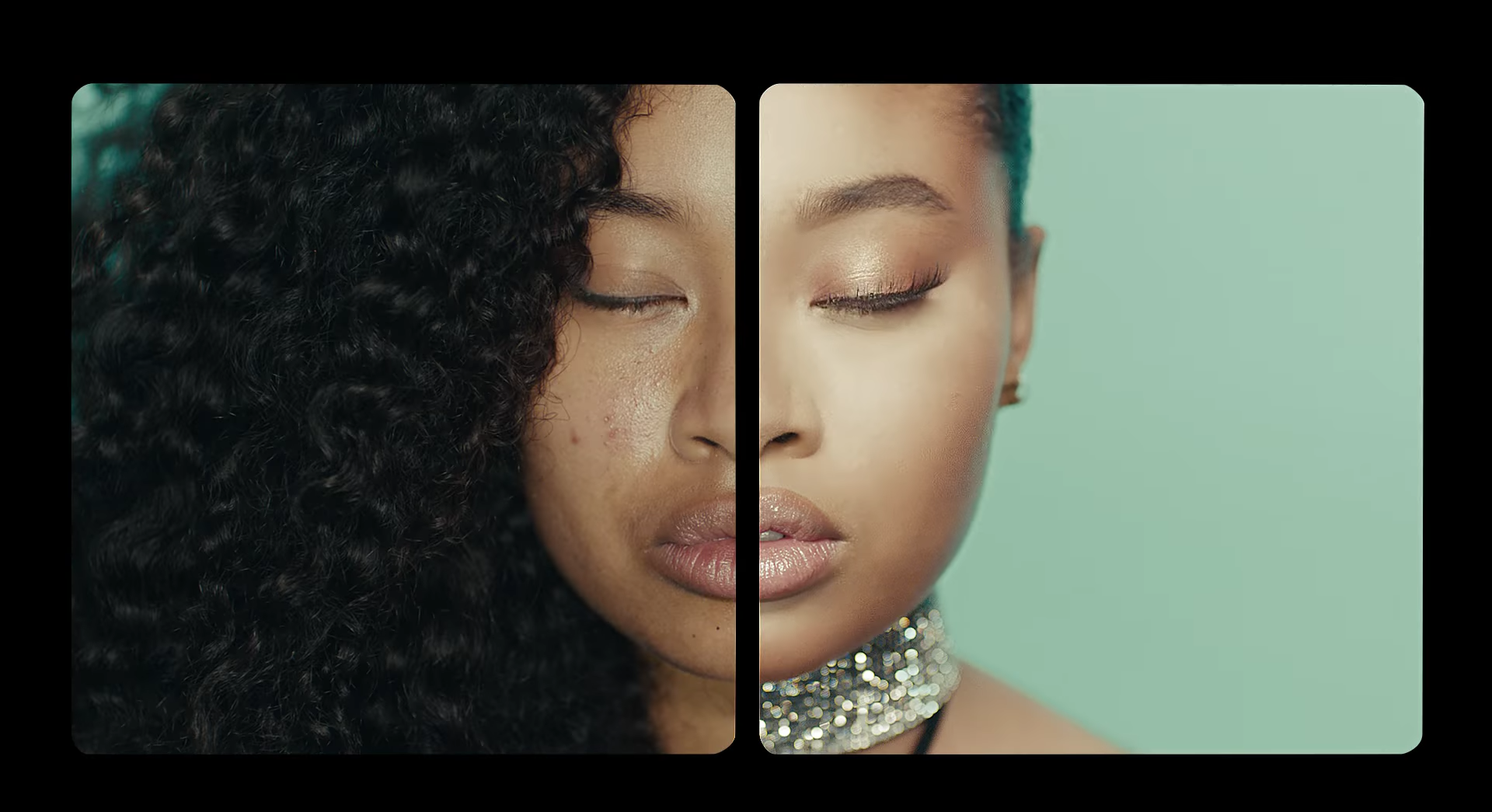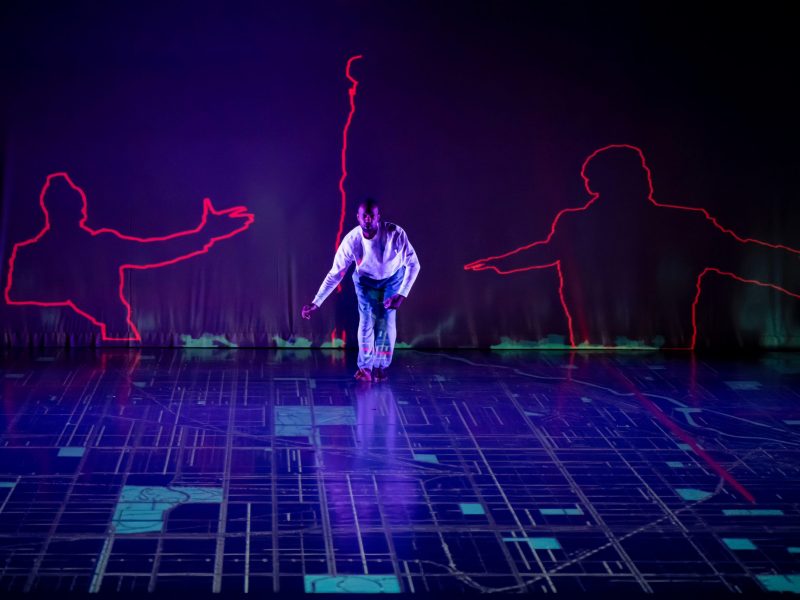Following the release of his “Humble” video, Kendrick Lamar emerged as an unlikely feminist hero for some. The rapper has never shied away from expressing political commentary, but his latest attempt to promote self-love has divided fans.
Kendrick Lamar told both genders to be humble and the women are attacking men for loving women for being natural. not all men are asses.
— ????WolveskinPapi???? (@wolveskinpapi) April 2, 2017
Kendrick has a rather patronizing, shallow way of looking at situations relating to women. I wish I could tell him about himself lol — ???? (@delafro_) March 31, 2017
Feminist twitter going after Kendrick Lamar’s “Humble”
This is why people don’t take feminist twitter seriously
— zepblackstar … ???? (@zepblackstar) April 1, 2017
if kendrick had said “put some makeup on and nobody wants to see those stretch marks bitch.” y’all would’ve come for his neck too. stfu.
— sampha fan acc???? (@mamabear_Ty) March 31, 2017
ya’ll act like kendrick lamar talking about stretch marks is revolutionary lmaooooooooo.
— ???? (@NinthWardJawn) April 1, 2017
In the video, Lamar raps: “I’m so fuckin’ sick and tired of the Photoshop/ Show me somethin’ natural like afro on Richard Pryor/ Show me somethin’ natural like ass with some stretch marks.” These seemingly innocent lyrics are amplified when we watch a traditional video vixen transform into a natural beauty, flaunting her stretch marks and tightly coiled curls.
Both Time and Vogue expressed support for the “Humble” video, the latter calling the song a “powerful message of feminist support.” Even the uber-woke Amandla Sternberg signaled her support for the video with a screengrab on Instagram. But Lamar’s attempt to promote self-love and his intense praise for destroying misogyny in a song that uses bitch 40 times feels half-hearted at best.
Men have chased the “effortlessly beautiful” archetype both in and out of music. This isn’t the first time Lamar expressed his disapproval for cosmetics, releasing the song “No Makeup (Her Vice)” on his debut studio album, Section.80. Other commercially successful rap songs like “Best I Ever Had” and “Love Me” lessen the importance of cosmetics, making mascara sound like a tool for the insecure. At the surface, these lyrics seem innocent — perhaps even progressive — but that erases the large role men already hold in the discussion of beauty.
A myriad of songs in hip-hop already try to control the conversation on beauty. Light skin women and those with eurocentric features are praised, while darker-skinned women are excluded. But when men try to dictate the conversation on beauty, they are, by extension, propagating beauty ideals.
We shame women for relying on makeup to feel beautiful, while at the same time surrounding them with unrealistic beauty standards. Men with all forms of bodies crowd pop culture; sitcoms are filled with couples that depict an overweight man with a thin, beautiful wife, but rarely do they display the opposite. And when they do, the characters are reduced to awkward caricatures, rather than multidimensional people.
Though this university’s campus consists of people from all walks of life, it’s easy to forget what “normal” people look like. According to a data collected from StatisticBrain, 80 percent of women say the images of women in the media make them feel insecure, while 58 percent of college-aged women feel a pressure to be a certain weight. Lamar ostensibly believes his lyrics subvert our media’s depiction of what constitutes the female allure. But in truth, it’s frustrating; Lamar demeans women’s efforts to impress others as a form of insecurity, and one that men must rescue them from.
It’s annoying to walk on eggshells to avoid offending our peers, but there are great costs to not caring. Eating disorders have the highest mortality rate of any mental illness. And efforts like these to uplift women who may struggle with self-worth — no matter how well-intentioned — can easily do more harm than good.



